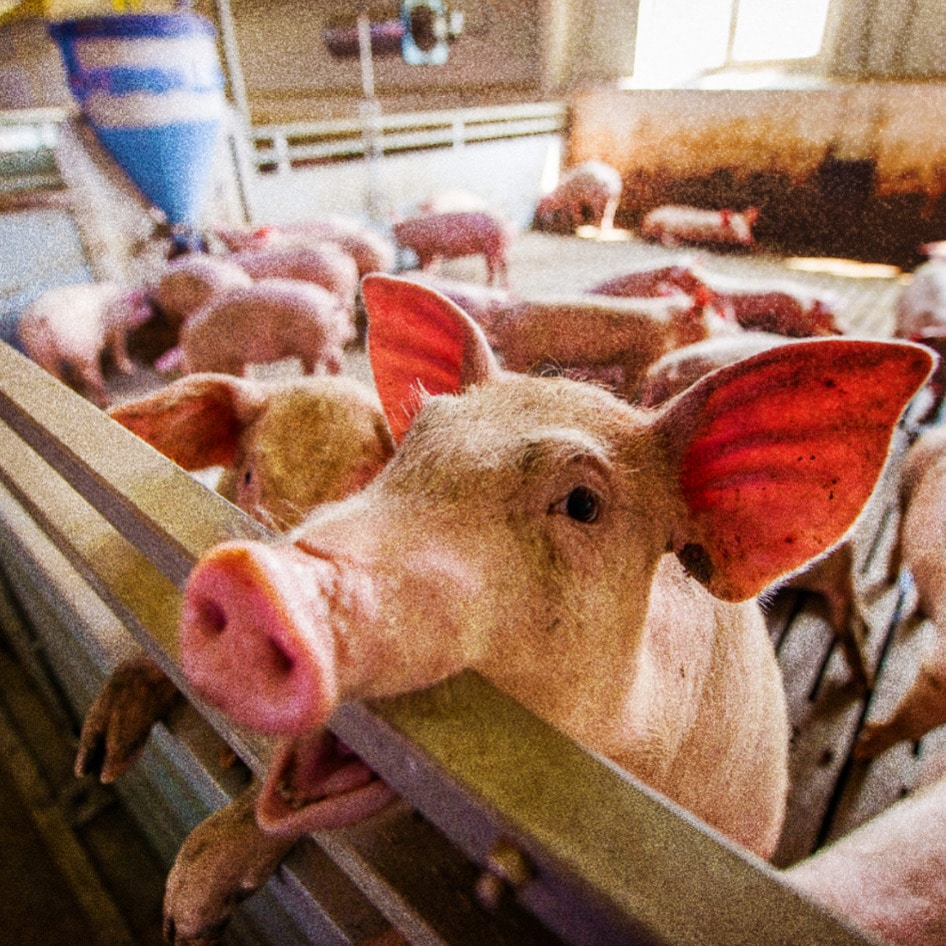This week, a bipartisan group of senators introduced the Animal Freedom from Testing, Experimentation and Research (AFTER) Act. The bill requires that all federal agencies have policies allowing for the adoption or retirement of animals after experiments end in government-run laboratories. Currently, federal government labs experiment on approximately 50,000 dogs, cats, primates, rabbits, and other regulated animals each year, excluding mice and rats. The majority of these animals are killed at the end of testing, even if they’re healthy, because federal agencies do not have policies on adopting or retiring animals that are no longer used in research. The AFTER Act will ensure that every federal agency that uses animals for research has policies in place to facilitate the relocation of retired, healthy lab animals to private homes, animal rescues, or reputable sanctuaries. “There is no reason animals that are suitable for adoption or retirement should be killed by our federal agencies,” Senator Susan Collins (R-ME), who introduced the bill, said. “Our bipartisan legislation continues to build on the successful policies at the Department of Defense, Department of Veteran Affairs, and National Institutes of Health while directing other federal agencies to facilitate and encourage the retirement of animals to help ensure they are placed in loving homes or sanctuaries whenever possible.” Last year, Congressmen Brendan Boyle (D-PA) and Matt Gaetz (R-FL) sent a bipartisan demand letter to the commissioner of the Food and Drug Administration (FDA) to review, reduce, and replace primate testing in federal labs. Soon after, 26 squirrel monkeys were the first to be rescued from an FDA nicotine-testing lab and relocated to a sanctuary—a move that came after pressure from advocacy group The White Coat Waste Project and world-renowned primatologist Jane Goodall, among others.
JUMP TO ... Latest News | Recipes | Guides | Health | Subscribe







